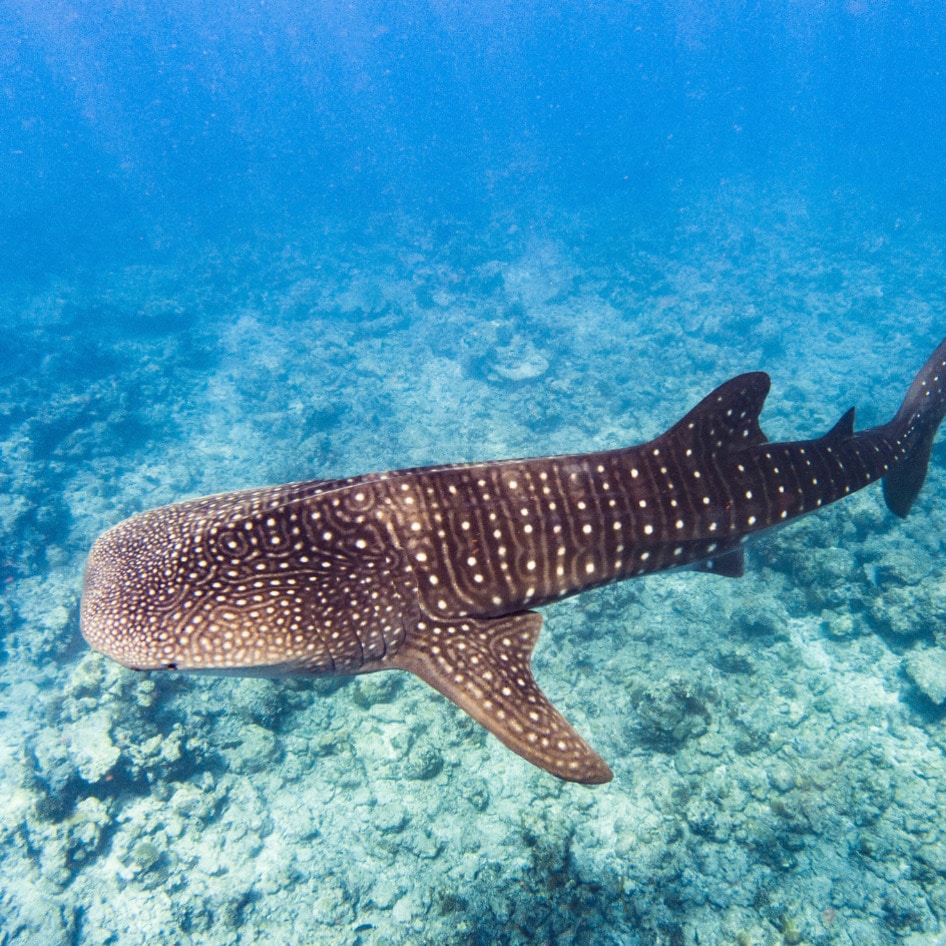Salt-Water Fish Extinction Possible by 2048
Diversity of sea life is rapidly declining due to human influence.
December 6, 2015
According to a study published in the November 2, 2014 issue of Science, overfishing, climate change, pollution, and habitat loss are causing a decrease in ocean biodiversity, which some say could lead to a depleted seafood resource by 2048. The research—conducted by Boris Worm of Dalhousie University in Halifax, Nova Scotia and an international team of ecologists and economists—focuses on the collapse of commerical catches (defined when seafood is caught at 10 percent or less of the rate they’d been caught in the past) and not species extinction (as reported by many outlets). The study analyzed data from 32 experiments on different marine environments, fishery data from 64 large marine ecosystems, the recovery of 48 protected ocean areas, and the 1,000-year history of 12 coastal regions worldwide. “I was shocked and disturbed by how consistent these trends are—beyond anything we suspected,” Worm said. Almost 30 percent of “edible” fish and seafood species have already declined by 90 percent. Researchers emphasized that all marine life is important in the ecosystem and that biodiversity in the ocean is key to a healthy survival. However, the loss of species is happening quickly and continues to increase. “It’s not too late,” Worm says. “We can turn this around, but less than one percent of the global ocean is effectively protected right now.”
JUMP TO ... Latest News | Recipes | Guides | Health | Subscribe







